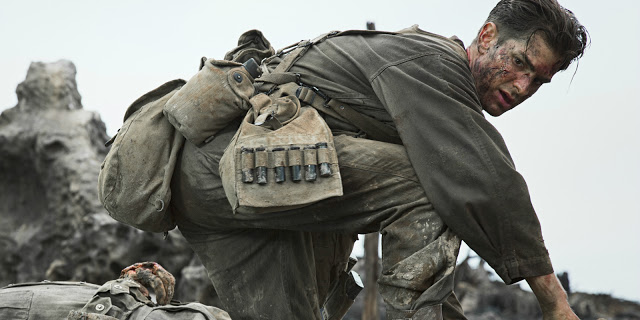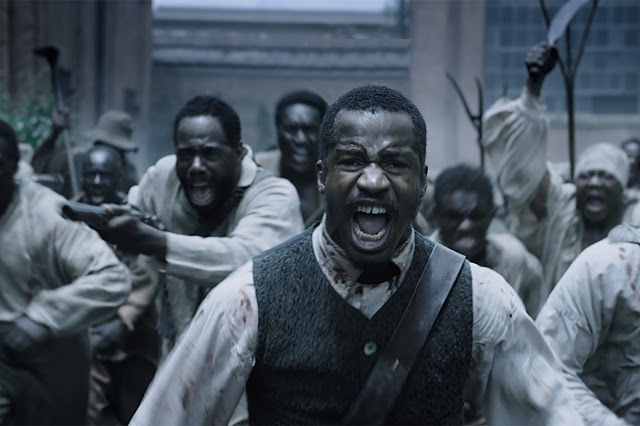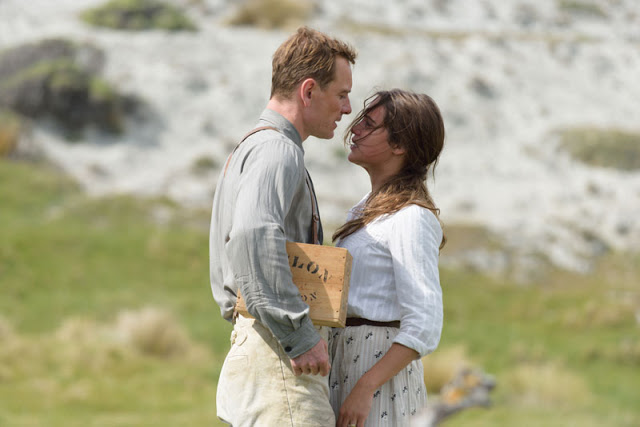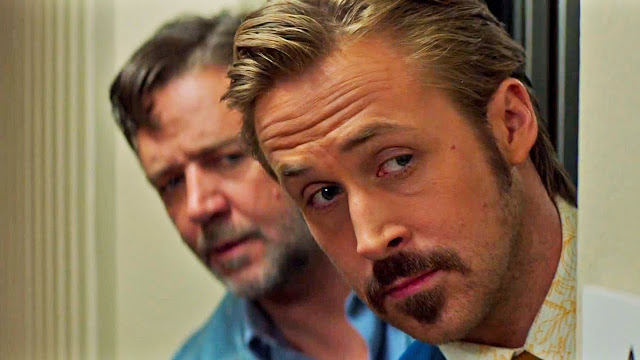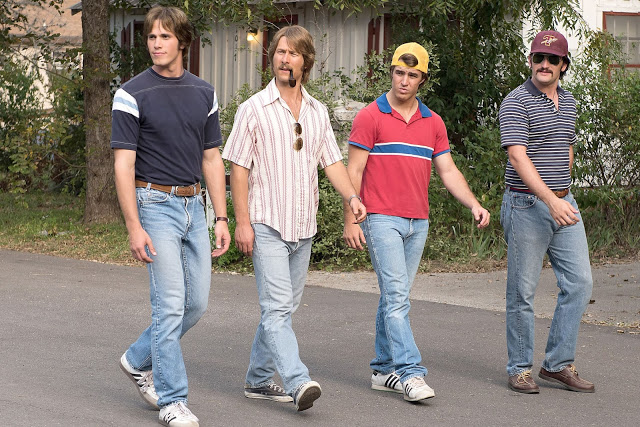Hacksaw Ridge: In the Shadow of Death, Bearing Witness, But Not Arms
Early in Hacksaw Ridge, a jittery blood donor attempts to impress a pretty nurse with a spectacularly cheesy pickup line. Yesterday, when she jabbed a needle into his arm, was the first time they’d met; today, he insists that he needs a transfusion because ever since he saw her, his heart’s been beating so fast that he’s nearly out of blood. “That’s pretty corny,” she responds, but when he asks if that makes it bad, she blushes and continues, “I didn’t say that.” Hacksaw Ridge, the fifth movie directed by Mel Gibson, is also pretty corny—OK, it’s very corny. It is also sappy, grandiose, and preachy. Does that make it bad? Not by a long shot.
That aforementioned blood donor is Desmond Doss, played as an adult with sly, aw-shucks charm by Andrew Garfield. We first meet him as a boy (portrayed by Darcy Bryce) in Virginia’s Blue Ridge Mountains, where he roughhouses with his brother before inadvertently knocking him unconscious. Fearing for his sibling’s life, the young sinner slumps into an adjoining room, where he gazes at a crude illustration of a murder, ornamented with the text of one of the Commandments: “Thou shalt not kill.” This blunt, didactic sequence quickly establishes two things: one, Doss will grow up to be a deeply religious pacifist, and two, Gibson has no use for subtlety. Read More

